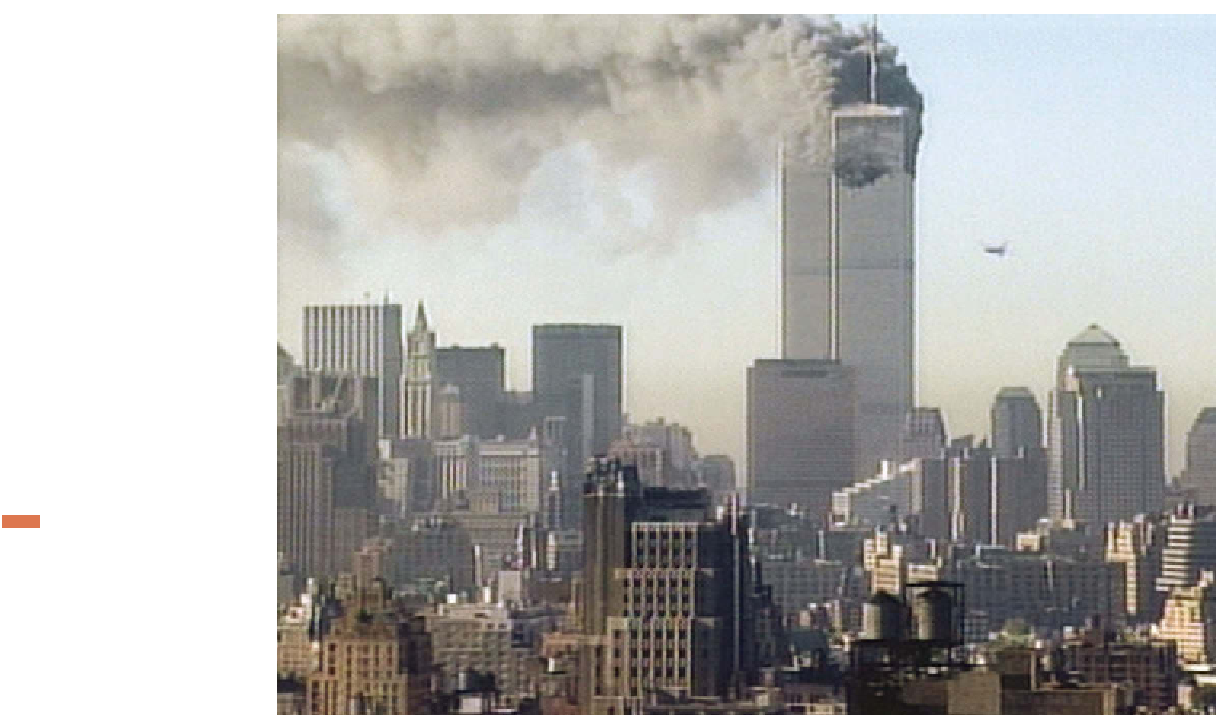Geography Reference
In-Depth Information
Figure 7.41
New York, New York.
On
September 11, 2001, with the
north tower of the World Trade
Center already burning, hijacked
United Airlines Flight 175 fl ew
toward the south tower of the
World Trade Center.
© CNN via
Getty Images News and Sport Services.
Wahhabi Islam since the 1800s. Saudis fund Wahhabi
Islamic schools, called madrasses, around the world.
A variety of forces have fueled the violent path on
which the Wahhabi extremist movement has embarked,
but some of these forces are unambiguously geographic.
Perhaps the most important is the widely held view among
movement followers that “infi dels” have invaded the
Islamic holy land over the past 80 years. Of particular con-
cern to Islamic extremists are the presence of American
military and business interests in the Arabian Peninsula,
the establishment of the state of Israel, and the support
European and American governments have given Israel. A
principal goal of the movement is to bring an end to what
are seen as improper territorial incursions. A second geo-
graphically related concern of Wahhabi extremists is the
diffusion of modern culture and technology and its impact
on traditional lifestyles and spiritual practices. Ridding the
Islamic world of such infl uences is also a major goal.
Islamic fundamentalists who have resorted to vio-
lence in pursuit of their cause (thereby becoming extrem-
ists) are relatively small in number. Yet one of the critical
contemporary issues is the extent to which they can attract
widespread support throughout the Islamic world. The
potential for such support is greatest among those who feel
that they are the losers in the contemporary global eco-
nomic order and who feel their cultures are fundamentally
threatened. By extension, a key to avoiding the division of
the world into mutually antagonistic religious realms is
to promote an atmosphere in which such feelings do not
become widespread. This, in turn, suggests the impor-
tance of non-Islamic cultures conveying an understanding
of the gap between mainstream and fundamentalist Islam,
and supporting the economic and political efforts of genu-
inely democratic forces in Islamic countries.
Boal's studies in Northern Ireland demonstrate that solving a
religious confl ict is typically not about theology; it is about
identity. You are assigned the potentially Nobel Prize-win-
ning task of “solving” the confl ict either in Northern Ireland or
in Israel and Palestine. Using Boal's example, determine how
you can alter activity spaces and change identities to create
the conditions for long-lasting peace in this confl ict zone.











































